As a business owner, you’re always thinking of what you need to do now. But you can’t forget about the future – yours and that of your business. So it may be a good idea to consider your personal retirement plan and business succession strategy. Let’s start by looking at a few retirement plan possibilities:
- Solo 401(k) – This plan, which is also known as an Owner-only 401(k), is available to self-employed individuals and business owners with no full-time employees other than themselves or a spouse. A Solo 401(k) offers many of the same advantages of a traditional 401(k): a range of investment options, tax-deductible contributions and the opportunity for tax-deferred earnings growth. You may even be able to choose a Roth option, which allows you to make after-tax contributions that can grow tax-free. Your Solo 401(k) contributions consist of two parts: salary deferral and profit sharing. In 2020, you can defer up to $19,500 of income, or $26,000 if you’re 50 or older. Your profit-sharing contribution is based on your earnings. The sum of your salary deferral and profit sharing can’t exceed $57,000 (or $63,500 if you’re 50 or older). If your spouse is employed by your business, you each can contribute the maximum amount allowed.
- SEP IRA – If you have just a few employees or are self-employed with no employees, you may want to think about a SEP IRA. You’ll fund the plan with tax-deductible contributions, and you must cover all eligible employees. (Employees themselves cannot contribute.) You can generally contribute up to 25% of compensation, up to $57,000 annually. And you can fund your SEP IRA with virtually any type of investment.
- Solo defined benefit plan – Not many businesses still offer pension plans, also known as defined benefit plans, but you can set one up for yourself if you’re self-employed or own your own business. This plan has high contribution limits, which are determined by an actuarial calculation, and your contributions are typically tax-deductible.
A financial professional can help you choose the appropriate retirement plan. But you’ll still need to think about succession planning. Of course, you can always sell your business outright at any time you like. Or you could leave your business to your children in your will, but if you give it to them gradually during your lifetime, you can become more confident they’ll be able to manage the business on their own. Another alternative might be to transfer the business with a buy-sell agreement, which allows you to determine when, to whom, and at what price you can sell it. Because you can establish the purchase price as your business’s taxable value, a buy-sell agreement is useful in estate planning. If you want to keep the business in your family, you might want to consider funding the buy-sell agreement with life insurance, so family members can use the death benefit proceeds to buy your ownership stake. In any case, given the complexities and tax issues involved with succession planning, you’ll need to consult with your legal and tax advisors when creating a strategy. But don’t wait too long. You can’t predict the future, but by planning ahead, you can help achieve the outcomes you desire. This article was written by Edward Jones for use by your local Edward Jones Financial Advisor. Read more local news at http://www.thefallonpost.org 





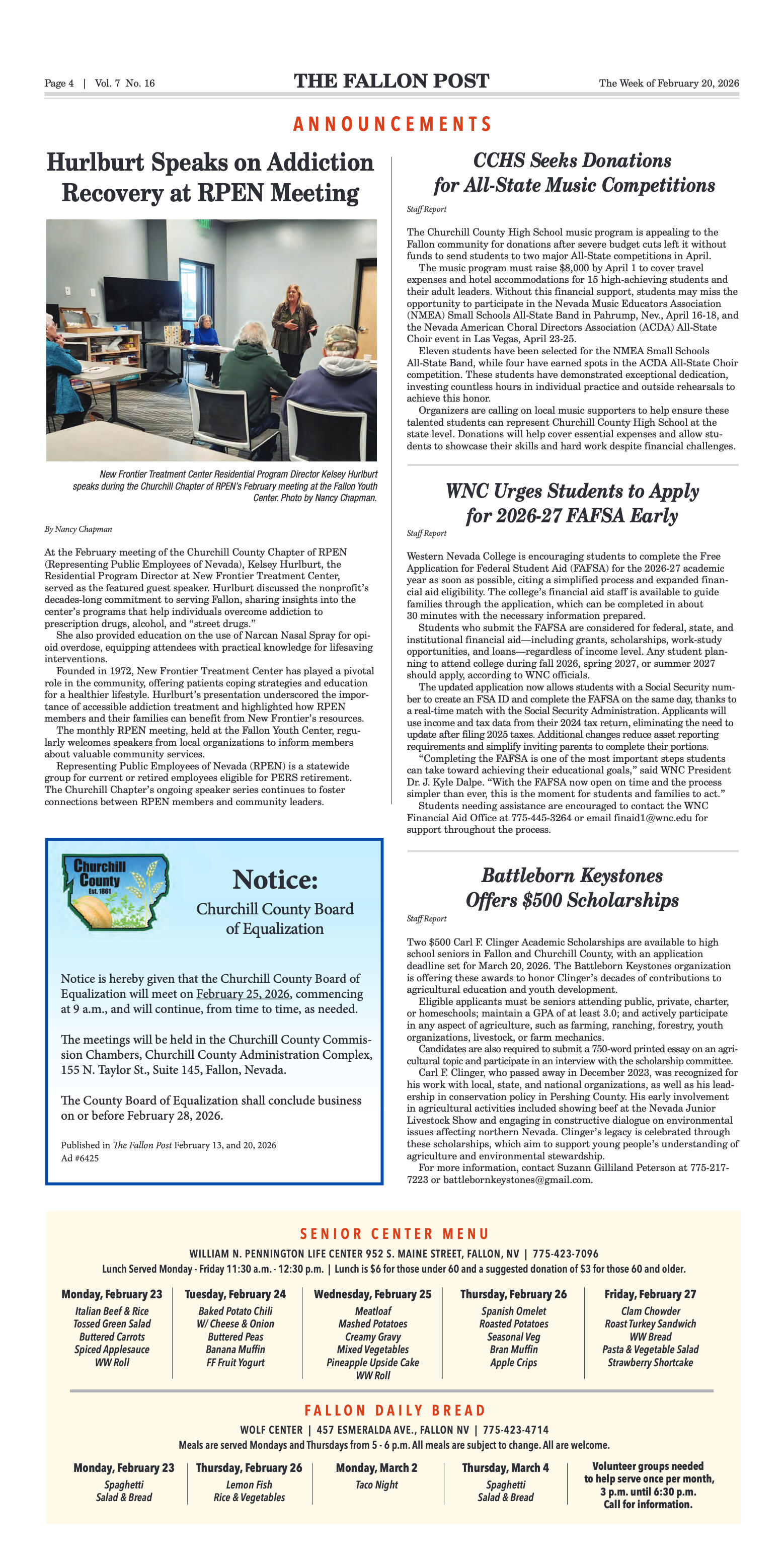
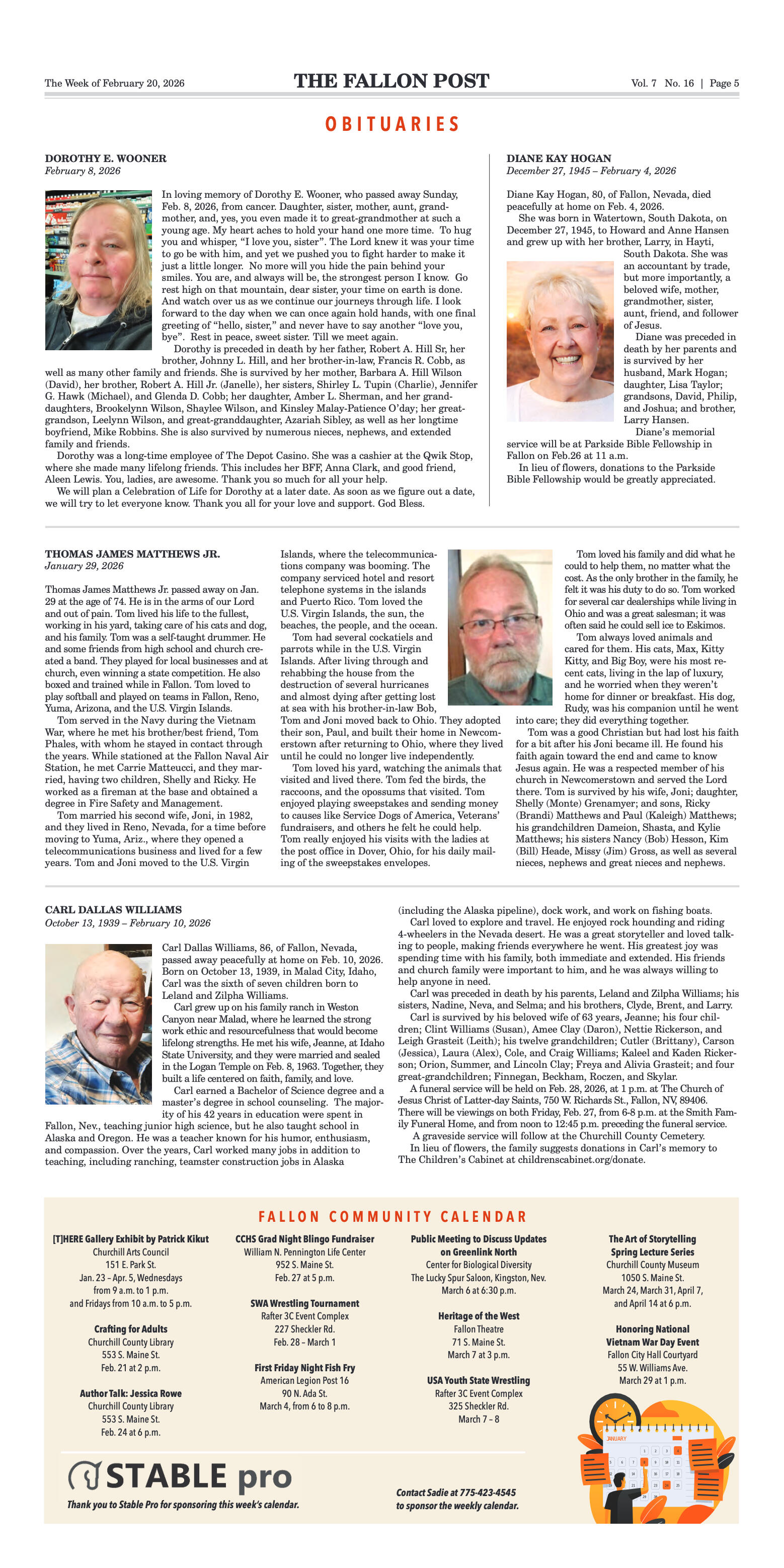
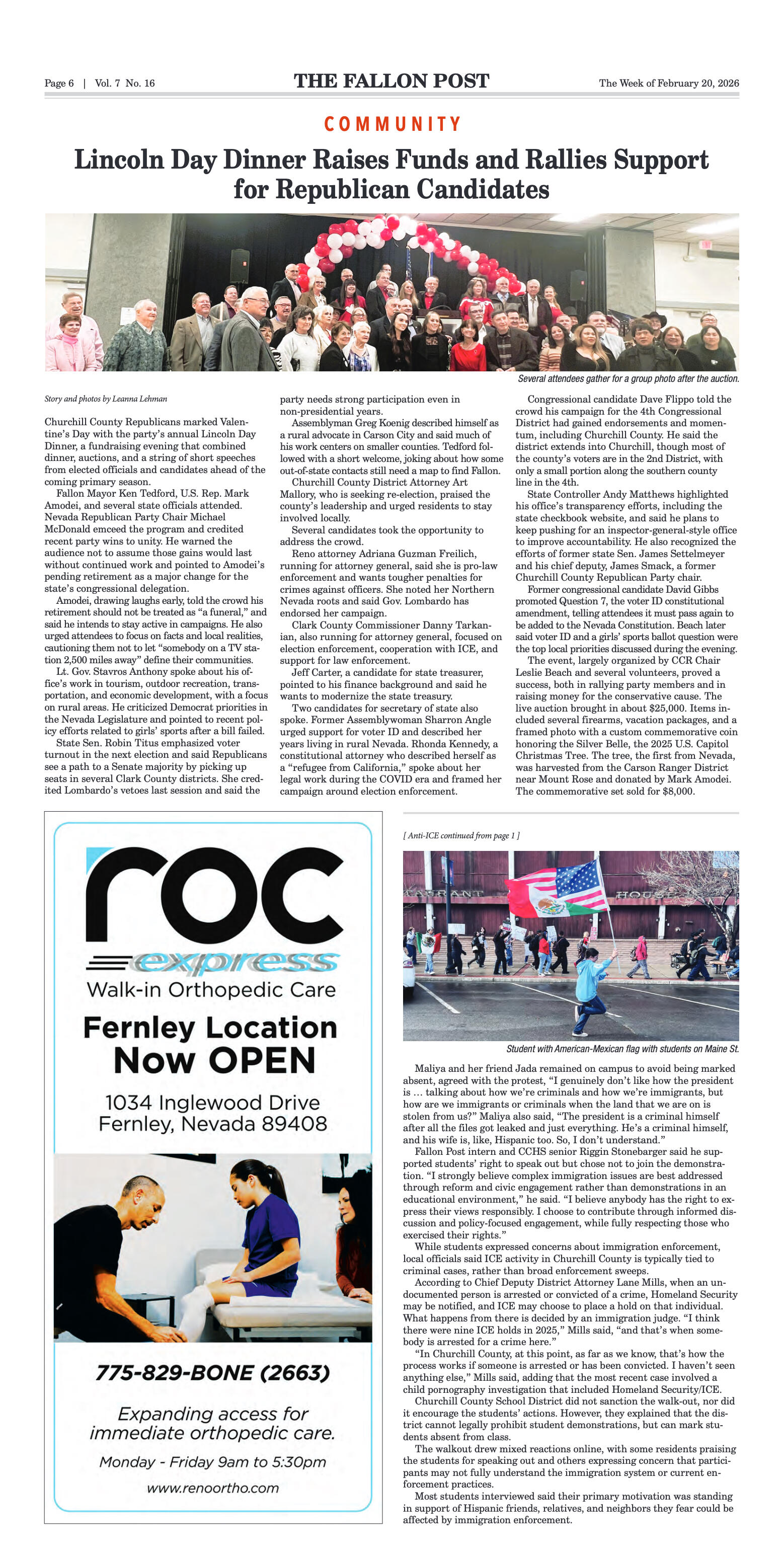


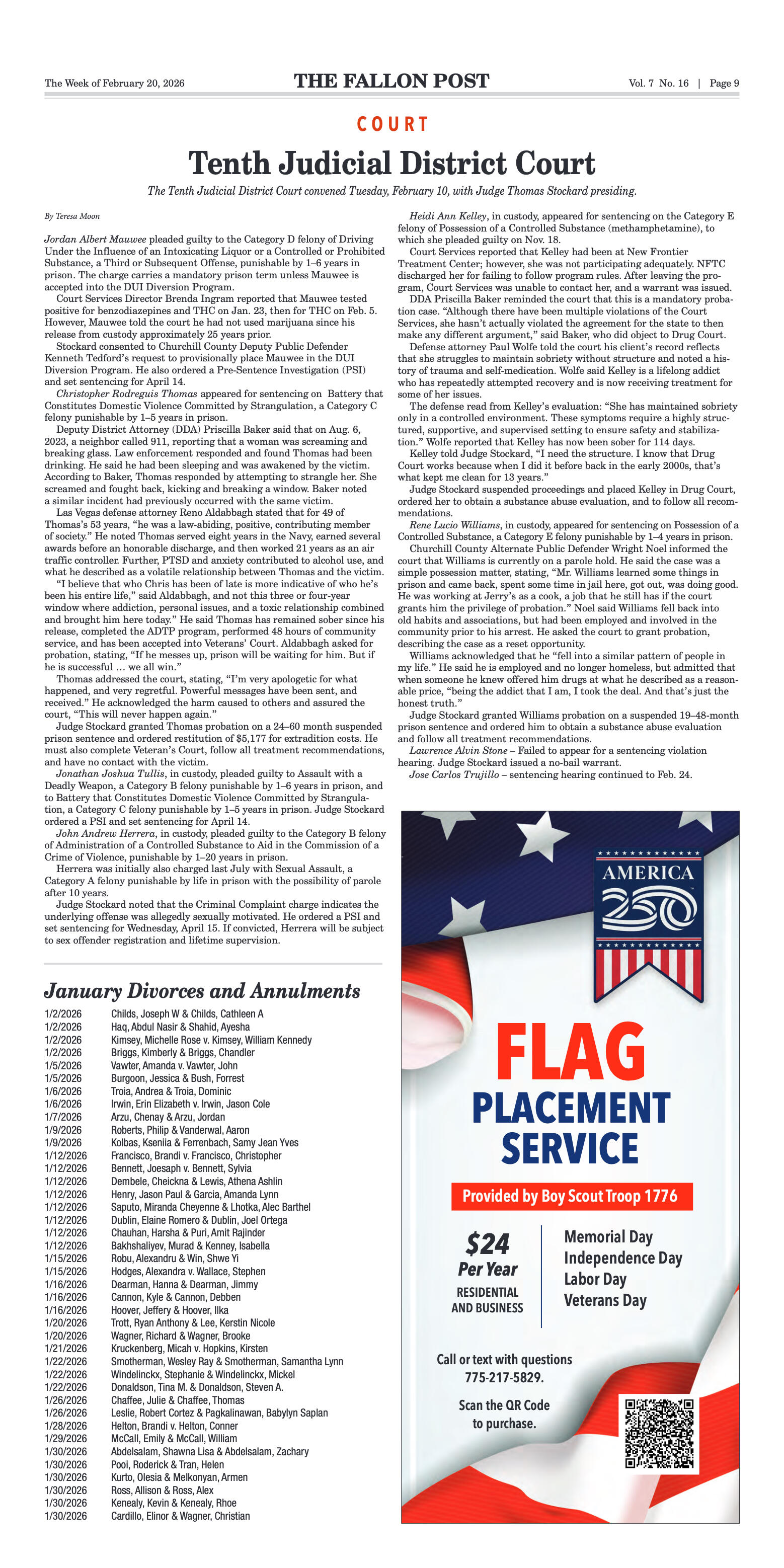






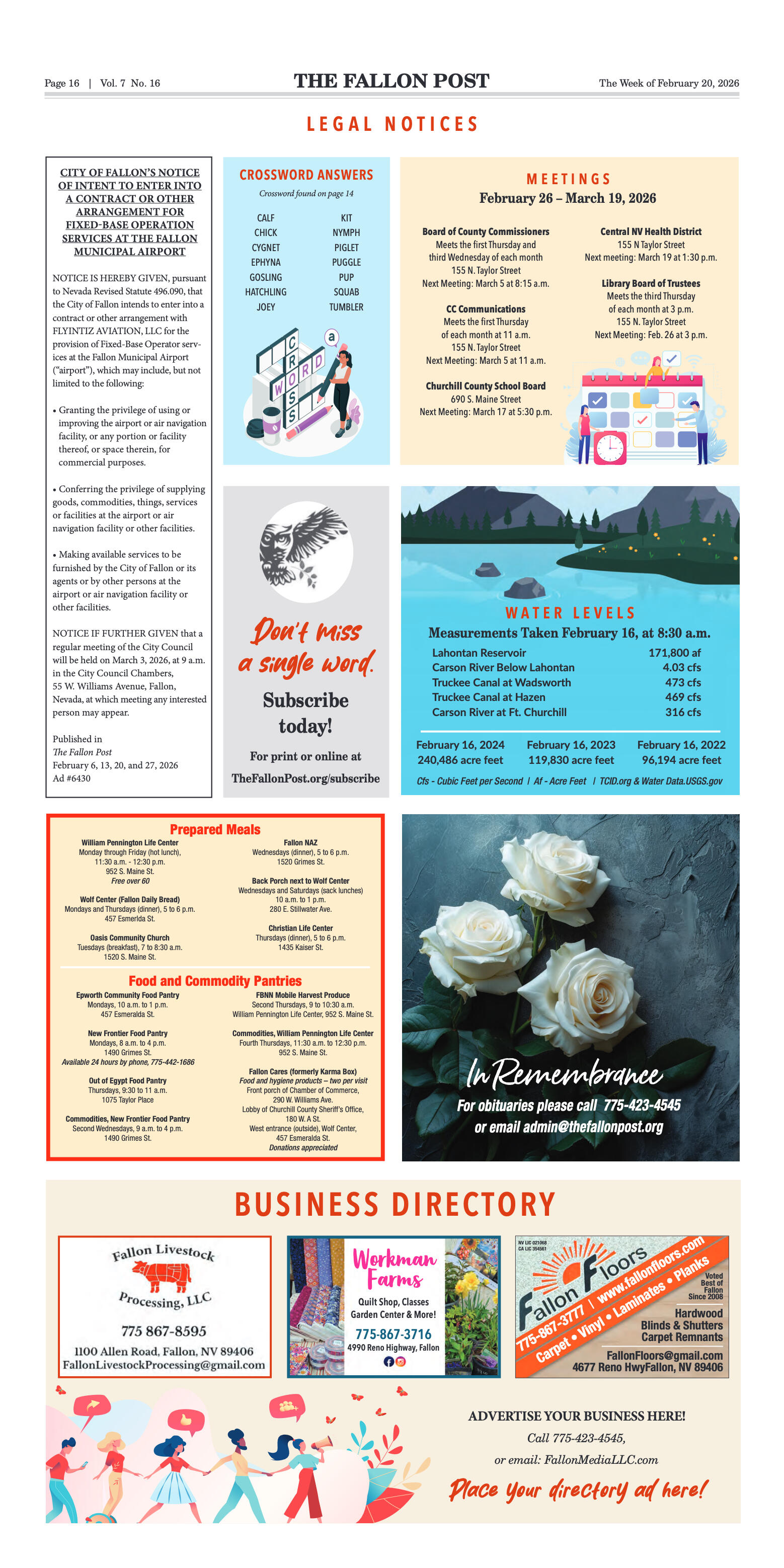
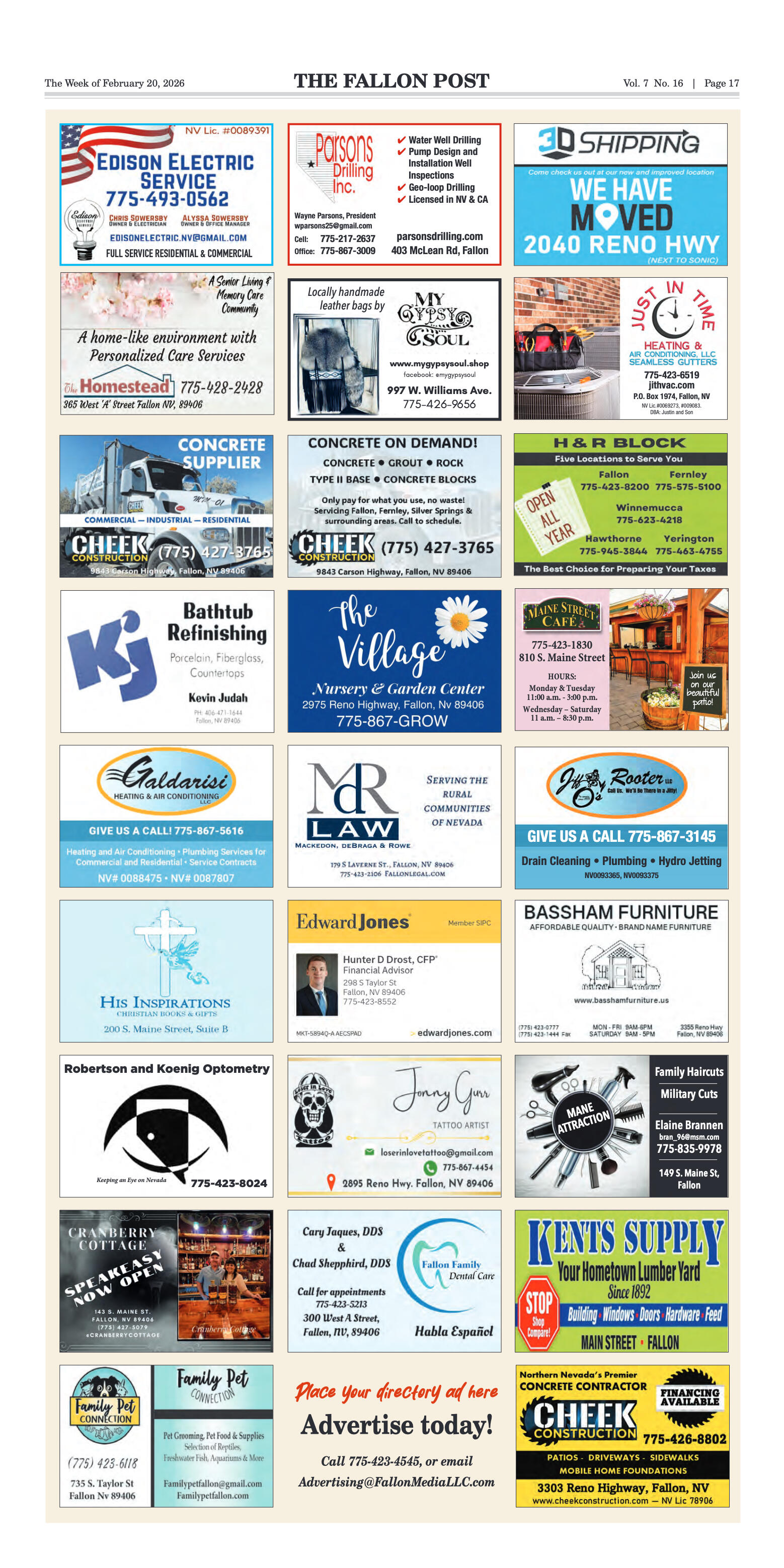

























Comment
Comments